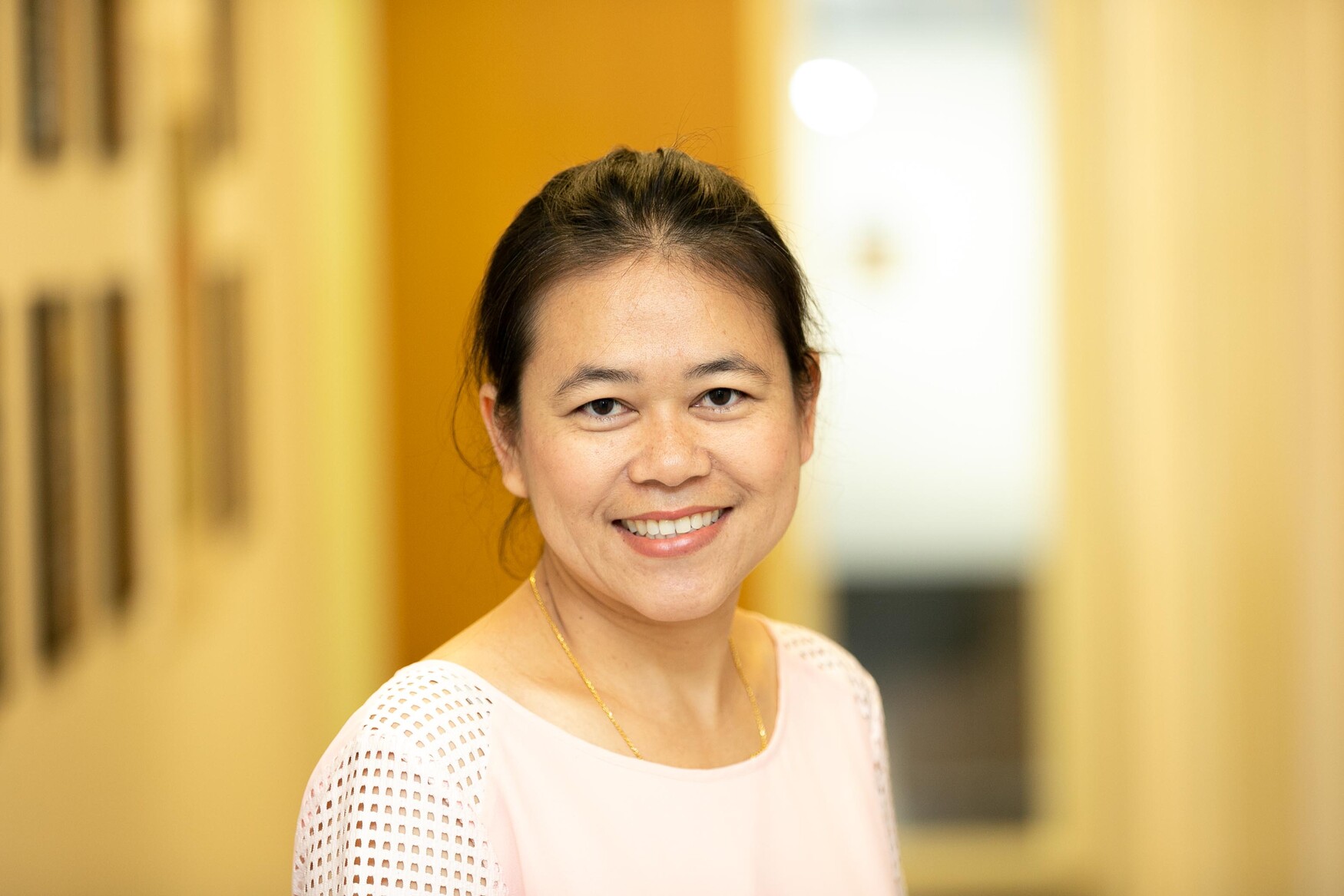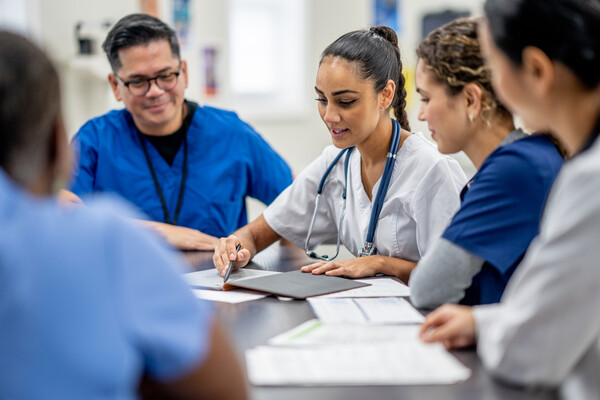Academic Fellow Hopes to Bring New Knowledge Back to Thailand


Dr. Tumviriyakul is a family physician at Hatyai Hospital in southern Thailand, the hospital’s Program Director of Post-Graduate Family Medicine Training and Vice-President of Undergraduate Family Medicine and Community Medicine Training Program. She spoke with us about her experience in the fellowship program and what she hopes to bring back with her to Thailand.
What made you interested in coming to DFCM?
After working as a family physician for a while, I found that we have to be lifelong learners. So I came here to improve myself, to gain more experience, and to learn something new. I know that the Department of Family and Community Medicine at the University of Toronto is the top in the world for training family physicians. With my leadership roles at my hospital in Thailand, I was interested in learning more about training medical students to be family physicians in both undergraduate and post-graduate programs. So I am interested in learning the education system and training here. I have found that there are so many things to learn at U of T, and I really enjoy learning here.
How is your experience with medical education and research different in Canada compared to Thailand?
The content in family medicine education, in my view, is quite similar, but a difference is the experiential learning that you can gain here. DFCM’s curriculum offers a great opportunity to apply the theory and content that we have learnt in classes to real-world experiences. The highlight is teaching the students how to think reflectively and critically. Also, the application of e-learning technology to support learning from remote areas is remarkable. I think this is a useful model for an adult learning system with great support from instructors and colleagues. I consider myself very fortunate that I have been surrounded by people who are lifting me higher.
I believe we have great researchers in Thailand, and we have a lot of rooms for improvement in primary care research. It is my vision to build a network of primary care physicians – like UTOPIAN here at DFCM - to research primary care in my hospital and in my region in Thailand.
You were involved in revamping the online graduate studies course, “Appraising and Applying Evidence to Assist Clinical Decision-Making”, during your Academic Fellowship. Tell me about the work you have done on that course.
Dr. Julia Alleyne, the Associate Program Director of Academic Fellowship, invited me to join the team in revising this online course because of my interest in evidence-based medicine. We updated the content of the course, and I helped create learning materials to make the learning more interactive, as well as updating the resources and quizzes in the course. I gathered these resources from many sources and compiled it into one shelf, and I have heard that students have found it easier to access and very useful for a deeper understanding of the content.
I want to implement the experience that I have gained from this to create an e-learning course to support medical training and residency training in the rural regions of Thailand. Since 1994, under the collaboration between the Ministry of Education and the Ministry of Public Health, the Thai government created the Collaborative Project to Increased Production of Rural Doctors (CPIRD) program to ensure that there are medical doctors that serve the rural communities. I was granted a scholarship through this program, and this is another reason I came to DFCM: you have an excellent system for rural training and I want to learn more about it.
What is in store for you next?
After finishing the Academic Fellowship, I have now started the Clinical Research Certificate (CRC) at DFCM. I am interested in dealing with data in primary care research and want to know more about how you research primary care here. I want to know the scope of family medicine research, as well as the systems that support such research. My favourite quote is “Nothing ever becomes real 'til it is experienced” by John Keats. After graduating, I will return to Thailand and continue my work as a family physician and researcher. I will also continue my work as a director and a teacher, and I hope to bring the experiences that I have learned back to my roles there.
News



